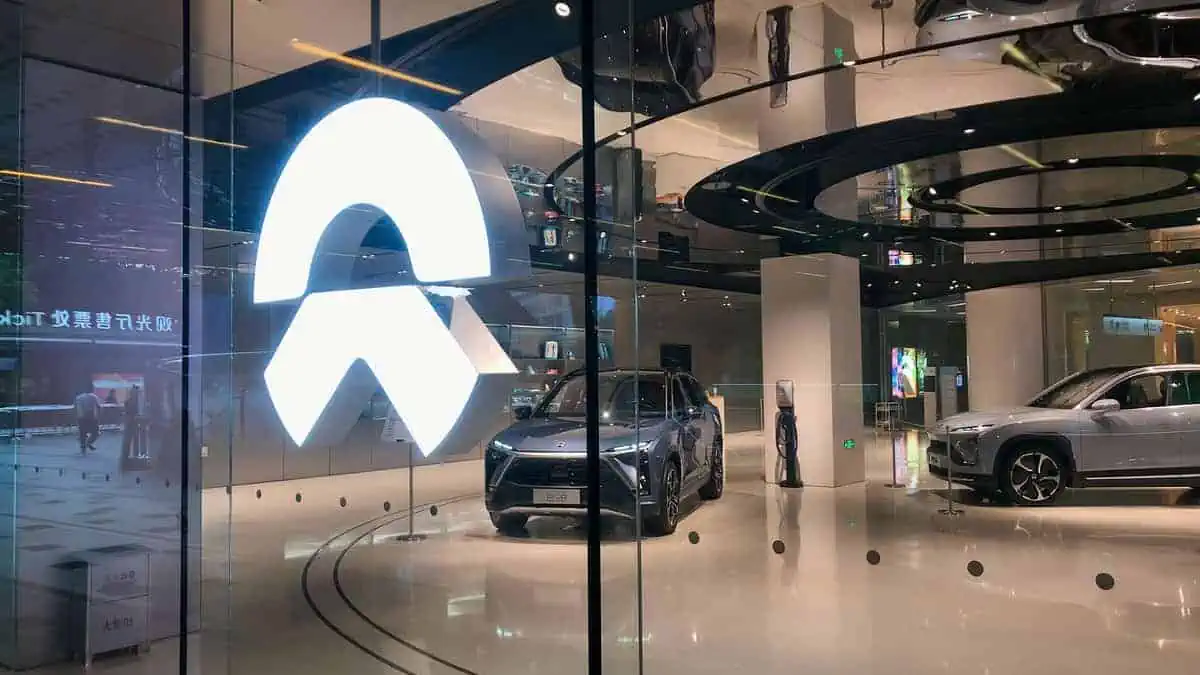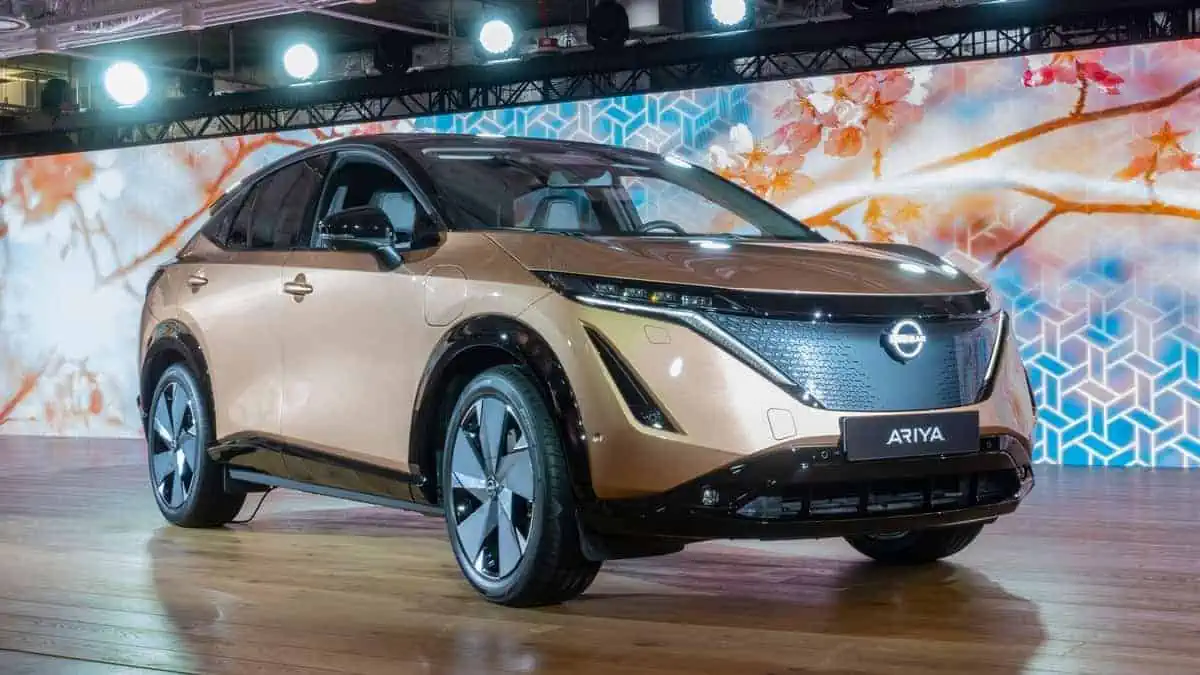Chinese electric automaker Nio has just announced that it has no plans to penetrate the emerging robotaxi industry as it does not see it as a “sustainable” business model, CnEVPost reports, citing Chief Executive William Li’s statements to local media after the Nio IN 2024 event in Shanghai on Saturday.
Nio CEO rules out robotaxi service despite the tech’s growing popularity
Nio Founder and CEO William Li expressed his strong resistance to penetrating the robotaxi industry while players, including American leader Tesla and Chinese startup XPeng, are joining the robotaxi race.
CEO Li asserted that Nio will not join the robotaxi race as it refuses to take jobs from ride-hailing human drivers, saying that it is not “inspiring.” He further contended that smart driving technology must focus on reducing accidents and driver fatigue.
“The technology for Robotaxi will definitely mature from a technical perspective; I have no doubt about that. If Robotaxi cannot be realized, then there’s no point in talking about artificial intelligence (AI) —it will definitely mature, sooner or later.
But is it necessarily a sustainable business? No, it’s not. Robotaxi cannot solve the issue of traffic volume, so in the end, the number of operational vehicles a city can accommodate, whether driven by humans or not, is limited. This limitation means that Robotaxi will never become a business with limitless expansion like software or cloud services. Wake up.”
Nio Founder and CEO William Li
Intensifying robotaxi race
Electric automakers like Tesla and XPeng and other self-driving tech companies like Baidu are actively pursuing research and development for their respective robotaxi technologies.
Tesla originally planned to reveal its highly-awaited robotaxi on August 8, 2024. However, CEO Musk postponed the event to October 10 due to design updates.
On the other hand, XPeng declared plans in November 2021 to explore robotaxis in H2 2022. In a major advancement, CEO He Xiaopeng announced in a Weibo post on July 25 that the automaker plans to introduce a “very competitive” robotaxi in 2026 at a set pace. It plans to develop robotaxi vehicles, with its partners managing the operations.
Moreover, Chinese tech giant Baidu is already operating its Apollo Go robotaxi platform in about a dozen Chinese cities. Mirroring Nio boss’ concerns, Wuhan-based ride-hailing drivers complained that Baidu was stealing business from them.
All that said, Nio CEO William Li’s refusal to enter the robotaxi space is indeed understandable. Apart from discussing the robotaxi business, Nio also showcased some of its groundbreaking innovations such as the Banyan 3 smart car system and the world’s first automotive-grade 5nm high-performance intelligent driving chip, Shenji NX9031, among others.






